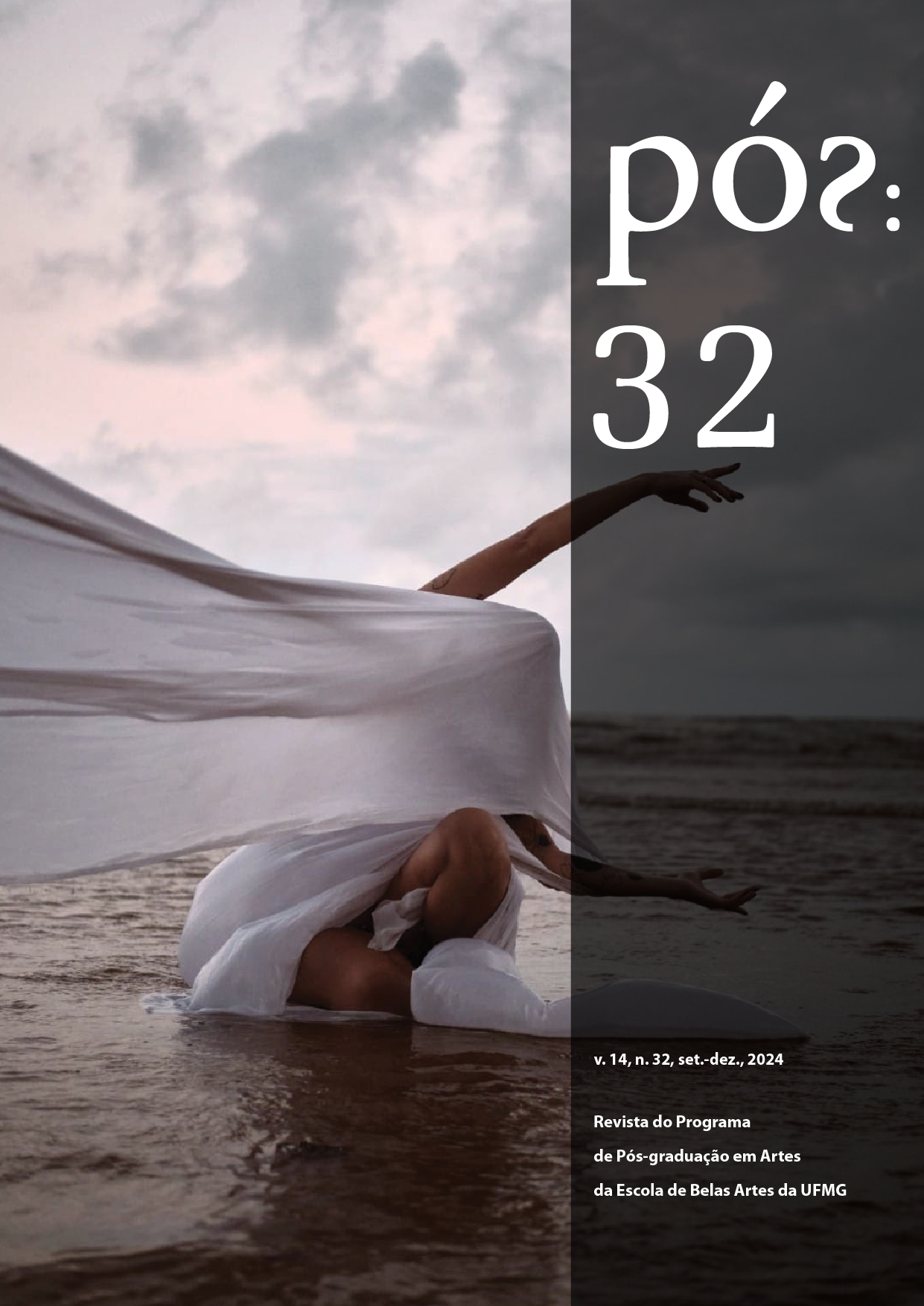Art and Imagination in Black Worlds by Anne Lafont
DOI:
https://doi.org/10.35699/2238-2046.2024.52767Keywords:
African diaspora, Art, PatrimonyAbstract
This review aims to expose the main issues discussed in “The art of black worlds”, a texts
compilation written by Anne Lafont. In them, the author debates, from the art history, theory and criticism perspectives, and dealing with an Afro-diasporic theoreticalmethodological logic, important aspects relating to racialization undertaken by art, thinking, and the different material exchanges undertaken in the context of the slave trade throughout the 16th and 19th centuries.
References
GILROY, Paul. O Atlântico negro: modernidade e dupla consciência. São Paulo: Editora 34; Rio de
Janeiro: Universidade Candido Mendes: Centro de Estudos Afro-Asiáticos, 2012.
LAFONT, Anne. Como a cor de pele tornou-se um marcador racial: perspectivas sobre raça a partir da
história da arte. ARS, São Paulo, v. 19, n. 42, p. 1289-1355, 2021.
LAFONT, Anne. Uma africana no Louvre. Rio de Janeiro: Bazar do Tempo, 2022.
LAFONT, Anne. A arte dos mundos negros: história, teoria, crítica. Rio de Janeiro: Bazar do Tempo,
Downloads
Published
How to Cite
Issue
Section
License
Copyright (c) 2024 Pedro Ernesto Freitas Lima

This work is licensed under a Creative Commons Attribution-NonCommercial 4.0 International License.
Authors who publish in this journal agree to the following terms:
- Authors retain copyright and grant the journal the right of first publication, with the work simultaneously licensed under the a Creative Commons Attribution-NonCommercial 4.0 International License that permits sharing of the work with acknowledgement of authorship and initial publication in this journal;
- Authors are permitted to enter into additional contracts separately, for non-exclusive distribution of the version of the work published in this journal (e.g., the Creative Commons Attribution License).
- Authors are permitted and encouraged to publish and distribute their work online (e.g., in institutional repositories or on their home page) at any point before or during the editorial process, as this may generate productive changes as well as increase the impact and citation of the published work.
- It is the responsibility of the authors to obtain written permission to use in their articles materials protected by copyright law. Revista PÓS is not responsible for copyright breaches made by its contributors.












